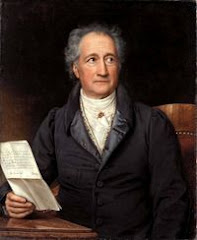I believe that the book 'Die Deutschen' does us a great disfavor in their over simplistic description of Knights in the medieval era and their fall. The picture that is given seems more like our child image of the Knight in shining armor rescuing damsels in distress and slaying dragons. I think that it is important to note that the Knights were not these super human warriors who were perfect. Knights like anyone else were only human. They had the same flaws as you and me, and were tempted all the same. I would like to emphasize that while the majority of Knights were very pious men attempting to live a righteous life according to the code of knighthood. There were however those Knights who flaunted the code of knighthood, some with great results too. The most notable example can be the Knights from Normandy who traveled to Southern Italy to serve as Mercenaries under the Byzantines and would later set up their own kingdom and make Pope, German and Byzantine Emperor all tremble at their power.
The decline of the Knight was also lightly glanced over too. The short few paragraphs make the Knight seem to fade into irrelevance because of the rise of the Bürgertum. While the rise of the Bürgertum and cities would play its part by taking away the serfs who worked their lands,the vast improvements of technology would ultimately prove to be its downfall, the advent of the gunpowder age would put a bloody end to the once formidable charge of knights.
The knights however to their credit would stick to their convictions and codes of morality to the end, which is more that can be said for them than for the Bürgers who would criticize this exact point. How can we summarize the Knights then? I would say that the majority of knight were god fearing men, who upheld their values for Christendom, women, and the less endowed. I believe there is something to say of the character and tradition that the Knights had built up into the 15th century , and while this tradition may have been their undoing, their ideas of charity, piousness, moderation, honor, and respect for women have lasted into the 21st century relatively unchanged.
Greg Tomusko
Thursday, January 31, 2008
Subscribe to:
Post Comments (Atom)







.jpeg)


No comments:
Post a Comment